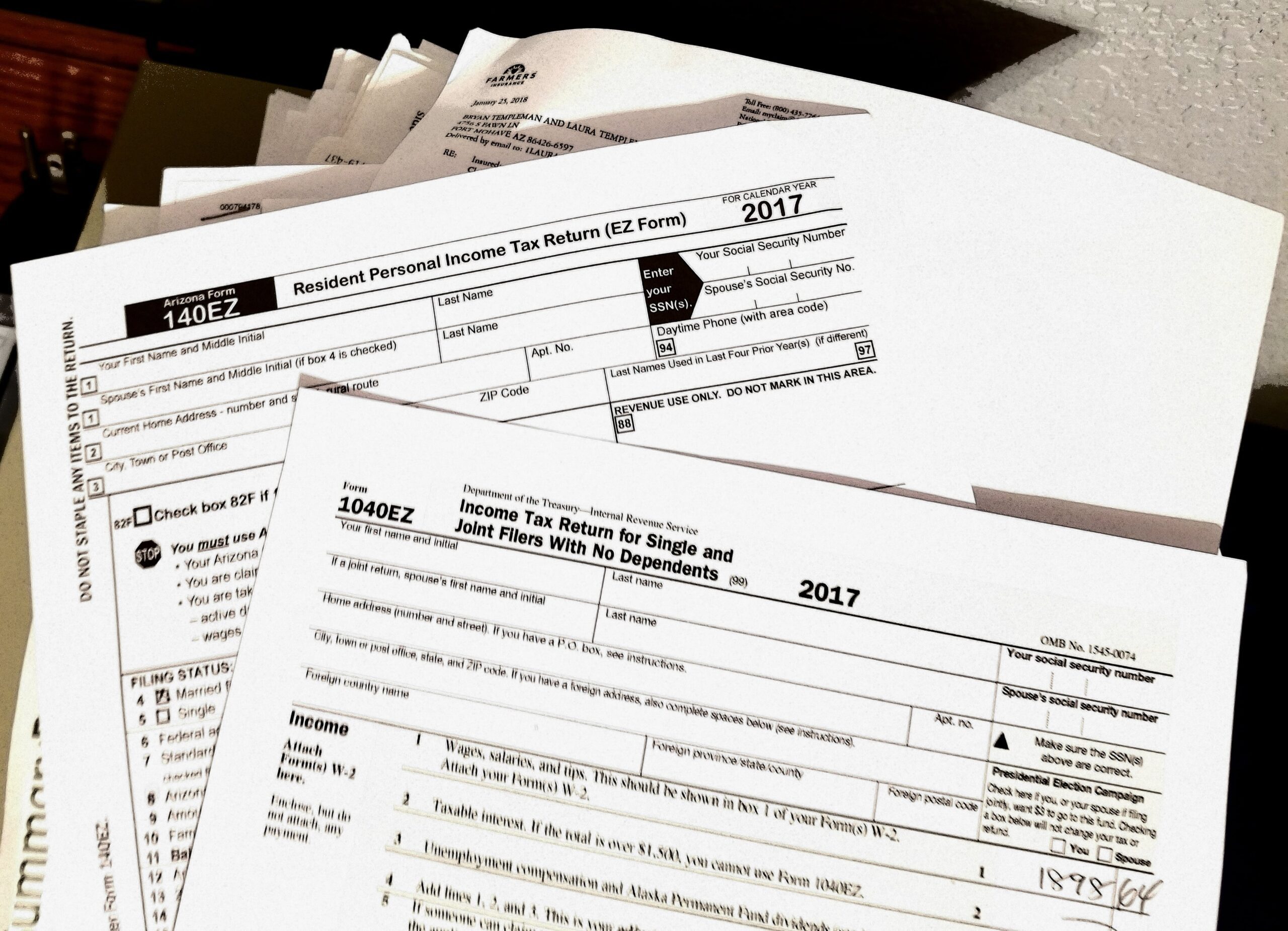The rules and requirements around income tax rates and personal allowances can appear complex and are liable to change.
Keeping abreast of income tax personal allowances is essential to ensure you are meeting your tax obligations while at the same time maximising your personal income.
What is income tax?
Income tax is a mandatory levy imposed by the government on earnings, profits, and other sources of income.
It’s a primary source of revenue for funding public services, infrastructure, and government expenditures.
The amount of income tax that an individual will pay is determined by their total taxable income. This includes earnings from employment, self-employment, investments, and other sources of income.
Personal income tax rates are determined by the amount of income someone earns and the source of that income.
Who is eligible to pay income tax?
Income tax is applied to individuals who earn above a certain threshold known as the personal allowance.
Below this threshold, individuals are not liable to pay income tax. Once their income exceeds this threshold, they then become liable to pay tax on the portion of income tax that exceeds the threshold.
Personal income tax allowances can change. For 2024/24 the thresholds are:
- Starter rate: Applies to income between £12,571 and £14,732, with a tax rate of 19 per cent
- Basic rate: Applies to income between £14,733 and £25,688, with a tax rate of 20 per cent
- Intermediate rate: Applies to income between £25,689 and £43,662, with a tax rate of 21 per cent
The standard personal allowance is £12,570, which is the amount of income you do not have to pay tax on.
If your income falls below this threshold, you won’t be required to pay any tax.
What else affects the amount of income tax you need to pay?
As well as tax rates and bands there are several other factors that can influence the amount of income tax that you pay.
These include:
Tax deductions and reliefs
Certain expenses and contributions are eligible for tax relief or deduction. This reduces your taxable income and your overall tax liability. These can include contributions to pension schemes, charitable donations, and certain work-related expenses.
Tax credits
Tax credits are targeted at particular groups, such as low-income families or individuals with particular disabilities. These directly reduce the amount of tax those in receipt are liable to pay.
How much income tax should you be paying?
The amount of income tax you should be paying depends on your total taxable income and the tax rates and allowances that are applicable.
Understanding how income tax is calculated, who is eligible to pay, and the various factors that affect tax liability, is essential for managing your finances effectively and ensuring compliance with tax obligations.
Personal tax and financial advice from DAAFL
With tax legislation liable to change, reporting requirements becoming ever more complex, and the risk of investigation increasing, it’s never been more important to ensure your income tax rates and personal allowances can withstand scrutiny.
The experienced team of financial specialists at DAAFL can provide tailored tax and pension financial advice to ensure you maximise your tax relief while meeting your obligations regarding income tax rates and personal allowances.
Contact us to find out more about our services.
